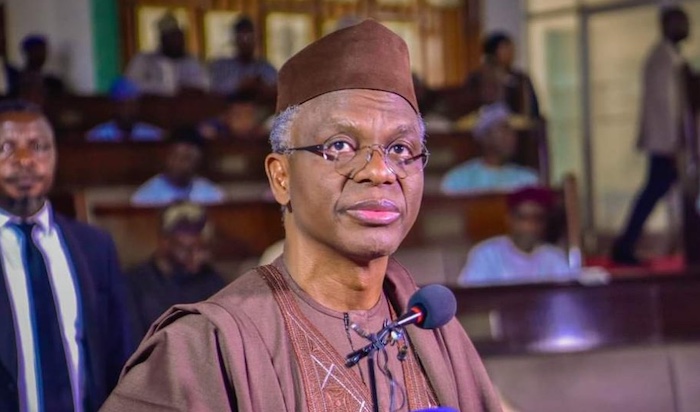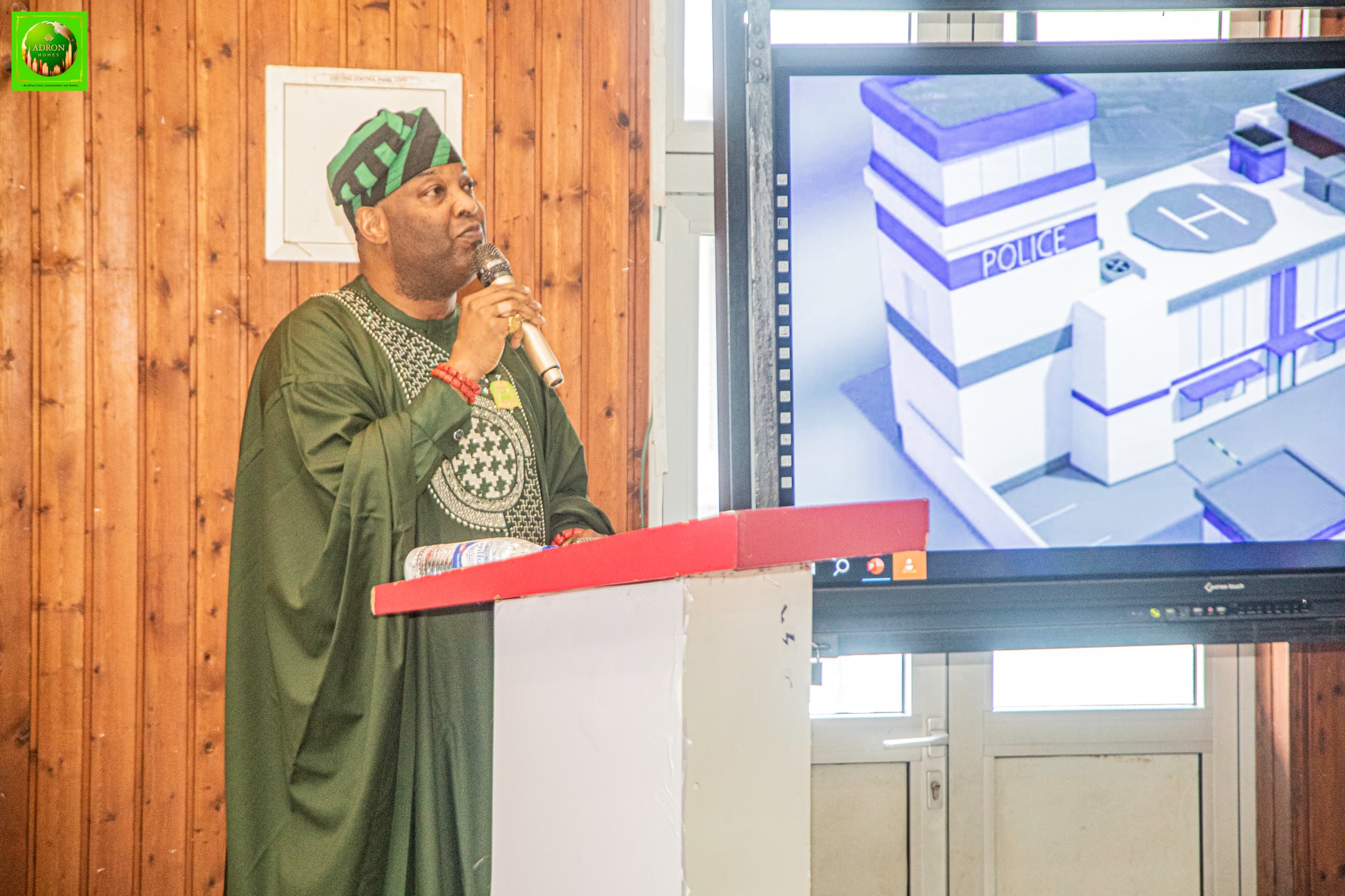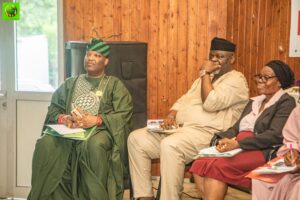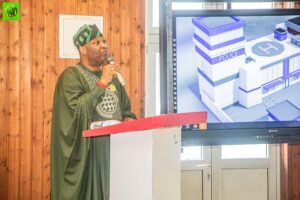The Federal Government has scheduled July 23 and 24, 2025, for a national stakeholder forum aimed at addressing rising concerns surrounding petrol pricing and supply issues in the downstream sector, amid increasing pressure from independent marketers for price regulation.
The summit, which is being organised by the Nigerian Midstream and Downstream Petroleum Regulatory Authority, will gather industry players, marketers, refiners, and government representatives to discuss petroleum pricing standards, feedstock availability, and measures to stabilise the deregulated market.
Francis Ogaree, the Executive Director of Hydrocarbon Processing Plants, Installation and Transportation Infrastructure at the NMDPRA, confirmed the summit’s dates during the recently concluded 24th Nigeria Oil and Gas Energy Week held in Abuja.
He also stressed the importance of dialogue to create a sustainable pricing framework in the post-subsidy environment. It should be noted that petroleum marketers have raised concerns about unexpected changes in the price of Premium Motor Spirit, also known as petrol, particularly without prior notification from the Dangote refinery.
Billy Gillis-Harry, the President of the Petroleum Products Retail Outlets Owners Association of Nigeria, has consistently advocated for a stable market and reliable energy supply, calling for mechanisms to evaluate price changes and protect the industry from negative impacts.
Gillis-Harry also emphasised the need for transparent pricing, especially concerning the effect of Dangote’s price cuts on retailers who may have bought petrol at higher rates. He called for fair pricing practices and urged an end to unfair industry practices.
Likewise, the Petroleum and Natural Gas Senior Staff Association of Nigeria last month criticised the current petroleum pricing structure, accusing marketers of taking advantage of Nigerians with inflated pump prices. The association insisted that the current petrol price should fall between N700 and N750 per litre.
In response, Ogaree stated that the NMDPRA recognises the operational uncertainties affecting industry stakeholders and has taken significant steps to standardise pricing and attract more investments in local refining.
Speaking during the panel session titled, “Building a resilient and competitive refining sector”, he said, “We are engaging stakeholders at our forum, where we address the issues and proffer solutions. I would like to remind you that the NMDPRA has only been in existence for three and a half years. And in that period, we have achieved giant strides in the number of licenses we have given and in addressing the issues.
“Even on the issue of petroleum pricing, which is another one that we are facing now and relates to standardisation. It is a work in progress, and that is why at the latter part of this month, exactly on July 23 to 24, a two-day event, we will be talking about petrol pricing. Again, that is to allay some fears and put in some standards. The issue of pricing, everyone knows that it is a sensitive one and peculiar from one country to another, and the authority is working.”
On the topic of refining capacity and supply security, Ogaree disclosed that Nigeria currently has 10 refineries that are either operational or close to starting operations, including the three NNPC refineries, the 650,000bpd Dangote refinery, and six modular refineries.
He explained that some upcoming refineries will require between 1,000 and 200,000 barrels per day and are projected to begin operations by 2026.
“We have about 10 refineries right now. The three Nigerian National Petroleum Company refineries. We have Dangote refinery and six modular refineries. When I look at the combined capacity for those refineries, we need about 1,124,000 barrels per day.”
However, he pointed out that the success of the downstream sector depends largely on having enough crude oil feedstock to serve the growing number of licensed refineries.
“We know our current production capacity. These are just operating refineries. When I think about new refineries coming up very soon. Some of them need 200,000 barrels to 1,000 barrels, and I compute them together. Some of them would be on onstream by 2026.
“You know that this number of barrels has to grow, and there has to be more production if we are to meet up. The apparent fear, and I must be sincere, is on the feedstock. We have given out 47 licenses, all of which are to do establishments, construction, and they all go into operation. We must be able to meet their demands when they all go on stream.”

 BIG STORY2 days ago
BIG STORY2 days ago
 BIG STORY3 days ago
BIG STORY3 days ago
 BIG STORY1 day ago
BIG STORY1 day ago
 BIG STORY3 days ago
BIG STORY3 days ago
 BIG STORY2 days ago
BIG STORY2 days ago
 BIG STORY3 days ago
BIG STORY3 days ago
 BIG STORY3 days ago
BIG STORY3 days ago
 BIG STORY2 days ago
BIG STORY2 days ago


























